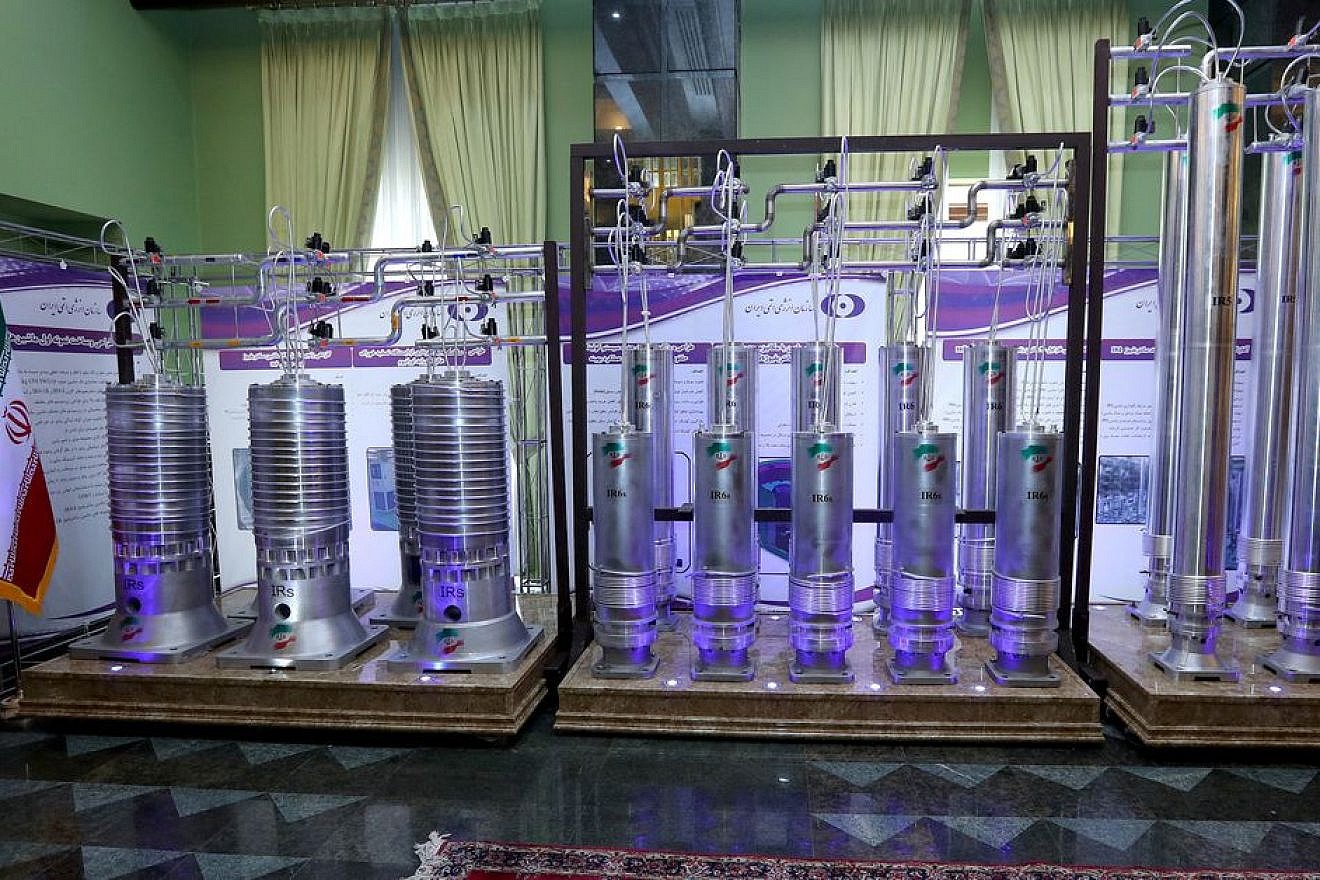by Mike Wagenheim
Nine council members voted against an effort by China and Russia to delay snapback sanctions on the Islamic Republic and its nuclear-weapons program.

A last-ditch effort to stave off the reimplementation of U.N. sanctions on Iran failed on Friday, with the U.N. Security Council voting down a Russia-China resolution that would have extended by six months the Iran nuclear deal signed under the Obama administration in 2015.
The Joint Comprehensive Plan of Action, or JCPOA, is set to expire on Oct. 18. Once it does, its signatories can no longer claim Iran to be in violation of the agreement and will lose the ability to call for what is commonly known as “snapback” sanctions.
Those sanctions, including an arms embargo and global assets freeze, a ban on the sale of materials that could be used in uranium enrichment, a ballistic-missile development ban and a travel ban for select Iranian individuals and entities, existed before the accord was signed and can be snapped back into place.
The three European signatories to the deal—France, Germany and the United Kingdom, known as the E3—initiated the snapback process in late August, triggering a 30-day period for sanctions to be reimposed. It expires on Friday evening, Eastern Standard Time.
The resolution voted on by the council on Friday was meant to extend the JCPOA by six months, thereby giving the E3 and Iran more time to negotiate Iranian compliance, including full access for international inspectors to Iran’s nuclear facilities and clear explanations of undeclared nuclear material discovered by inspectors.
“This was the right decision by the Security Council, as the Islamic Republic of Iran cannot be relieved or absolved of accountability for the continued non-performance of its nuclear commitments,” stated the Israeli mission to the United Nations. “The threat posed by the Islamic Republic extends far beyond Israel’s borders and the result of this failed draft resolution is a testament to that.”
E3 officials expressed exasperation with Iran’s response, deciding that extended negotiating time would not bring about compliance by Tehran.
Four council members—China, Russia, Algeria and Pakistan—voted for the six-month extension, falling well short of the nine votes required for passage.
Nine council members—France, the United Kingdom, the United States, Sierra Leone, Slovenia, Denmark, Greece, Panama and Somalia—voted against the resolution. South Korea and Guyana abstained.
Before the vote, Iran’s foreign minister threatened to end Iran’s cooperation with the International Atomic Energy Agency watchdog if sanctions were reimposed. (JNS reached out to the Israeli mission to the United Nations for comment.)
Mike Wagenheim
Source: https://www.jns.org/un-security-council-resolution-to-extend-iran-nuclear-deal-fails-hours-ahead-of-reimposition-of-sanctions/
No comments:
Post a Comment